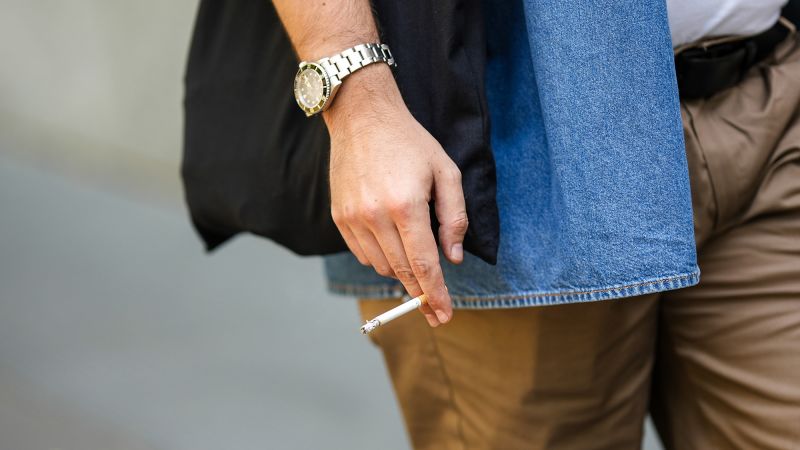Milan Tightens Smoking Laws in Push for Cleaner Air

Italy's fashion capital, Milan, has ushered in a new era in public health with the implementation of the country's strictest anti-smoking laws, effective January 1, 2025, in a bid to significantly reduce air pollution and by extension, improve overall air quality in the city.
The new laws prohibit smoking in all public places, including streets, streets within residential areas, parks, public transportation, and pedestrian zones. This move, a crucial aspect of the city's broader clean air strategy, aligns with increasing pressure to address environmental concerns, and follows a ban on smoking indoors that has been in place since 2005. The emphasis on external smoking restrictions underscores the growing emphasis on air quality, which is a key area of focus for local officials, who highlight the significant health benefits to be gained from reducing exposure to secondhand smoke, particularly for vulnerable groups such as children.
The penalties for violating the new law range from 41 to 249 euros, though the effectiveness of the ban remains uncertain amid assertions that its enforcement will present significant challenges. Critics point out that equalization without a synergistic follow-up might ultimately fail to address air quality at its core. It is a warning to smokers that promenading in public spaces could incur severe fines they will have not only have to cough up €40 to €240 for their transgressions but will have to pay increased awareness to the lengthy abstinence in crowded city spaces.
While the ban sparks debate about personal liberties, the drive towards cleaner public spaces harks back to parallels with previous implementation of smoking restrictions elsewhere. It is notable that this move targets the contribution 7% of emissions make to environmental issues in the city. As the ban affects visitors and residents alike for the upcoming Milan–Cortina 2026 Olympics event, a fresh approach will emerge into how greater wellness pontifices public interest as a convincing form of societal care